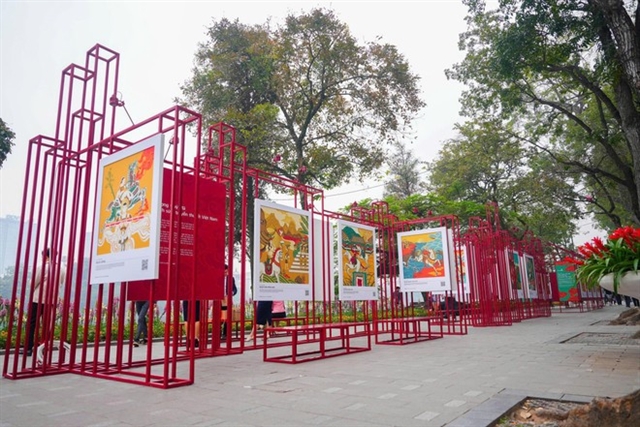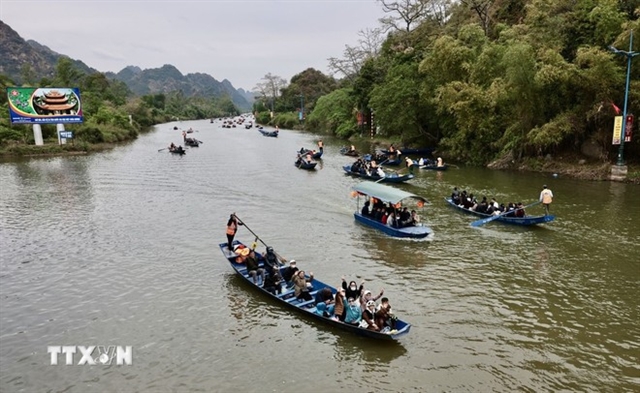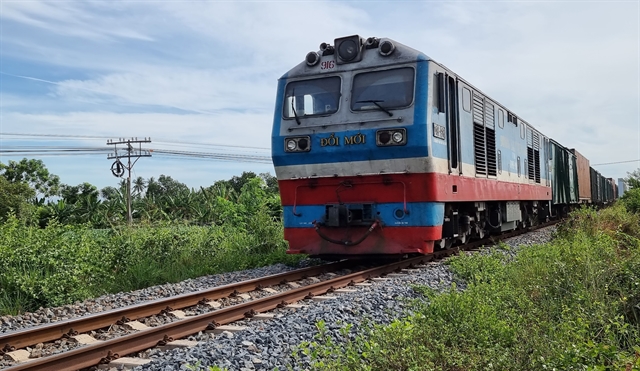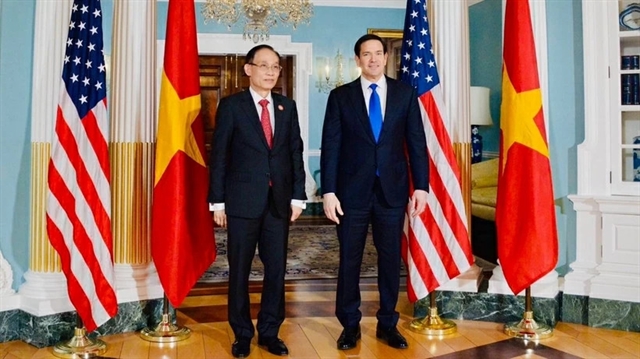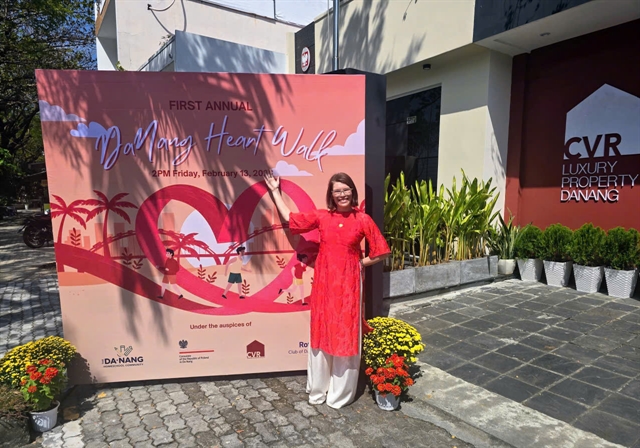 Society
Society
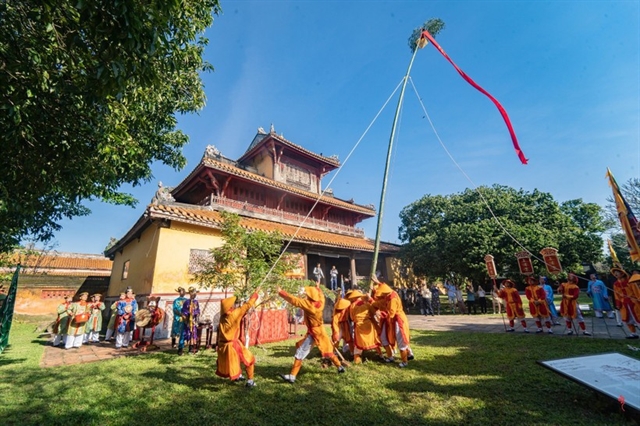
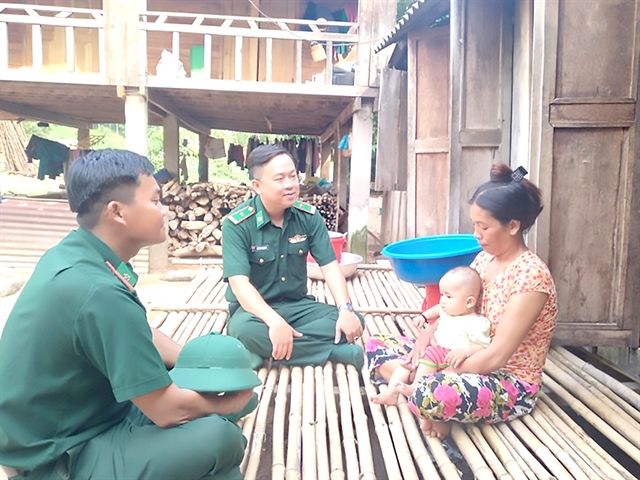 |
| Border guards in the central Quảng Trị Province can now speak the same language as locals. — Photo qdnd.vn |
QUẢNG TRỊ — Not only fulfilling their duties, but the border guards of Hướng Hóa Station are also going the extra mile to bridge the gap between them and the local people by speaking the same language.
Following the weekly meeting every Friday morning, the Bru language lesson for Hướng Lập Station border guards begins.
Standing next to the board is Major Hồ Văn Bình, a Bru ethnic who was born and raised in Hướng Hóa District of Quảng Trị Province.
When the unit first initiated the programme, he designed the curriculum and made sure that it is relevant to real-life usage.
Not only the station guards and staff but the management level also join in the class.
Senior Lieutenant Dương Đăng Anh, department head of mass mobilisation told Quân đội nhân dân (People's Army) newspaper: “As our work requires us to be out in the community, being able to speak Bru will be extremely helpful.
“When people have trust in us, they would listen to and follow our words. Apart from the lessons at the station, we also practise with people every time we go to the villages.”
More than 90 per cent of the population under the station’s management are Bru people, therefore the guards were more or less able to pick up on the language and its vocabulary during their mission.
Lieutenant Colonel Nguyễn Công Trình, the station chief said: “For the guards and staff of Hướng Lập Border Guard Station, learning Bru is not only a step in the direction of ‘together eat, live, work and speak the ethnic language.’
“It also demonstrates the spirit of having the ‘station as family, border region as homeland, and all ethnic groups are brothers and sisters'.
“We call this a class, but it’s actually a training session on ethnic languages, in this case Bru, and so the upper-level officers joining in the class mean not only as encouragement for the troop, but also to have a device to communicate with the people.”
The focus of the lessons now is on grammar and pronunciation to help officers be more confident in daily communication.
For optimal learning quality and duration, class hours are also arranged flexibly when the station personnel gathers.
Each class is lively with the students not only taking detailed notes but also proactively posing questions on using the language in the actual context.
This enthusiastic participation has been a source of encouragement for the teacher to improve the lesson quality.
Lieutenant Hồ Văn Chi, a Bru ethnic in the mass mobilisation department said: “I feel very happy being able to support our team in Bru language lessons.
“They make the efforts to practice with the local people every time they go out to the community, without fear of mistakes, and therefore progressing very quickly.”
Their hard work has translated into practical results.
Major Hồ Lê Luận, a political officer at the station said: “Many may think that because now a lot of local people are speaking the official language very well, it is not necessary to learn ethnic languages.
“However, in reality, if we can speak Bru then the distance between the guards and the people is greatly reduced.
“We also want to be closer and better understand the people by learning their language and customs. Those reasons have become the motivation for each of us to study harder.”
Their efforts were in turn welcomed by the people. Hồ Văn Đang, a village elder in the area said: “I was truly delighted to see the border guards learning Bru. They are always taking care of the people, they understand our traditions and customs.
“Now, being able to speak Bru, they are truly the children, the brothers and sisters of Bru people.”
In the first months of 2022, Hướng Lập Border Guard Station received a donation to build a clinic and a library.
Hồ Thị Thanh, the former owner of the land chosen to build the facilities, said: “To be honest, at first, I didn’t feel alright with the decision because of our family’s difficult circumstances, especially after my husband passed away.
“If I grow cassava and corn in this area, it could be a considerable amount of income.
“However, after all the trips the border guards took to talk to me, I empathised with them, especially when some people who are not of our ethnicity but are able to speak our language.
“I can see that they really care about us people, and so I completely agree with donating the land to them to build the clinic and the library.” — VNS

